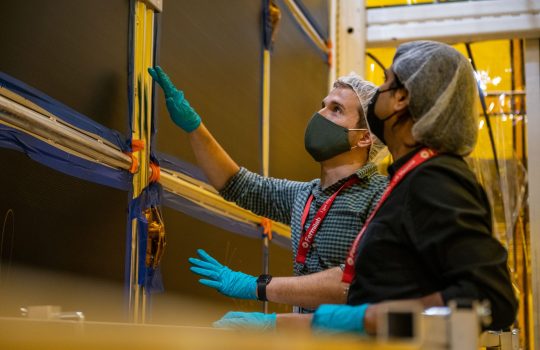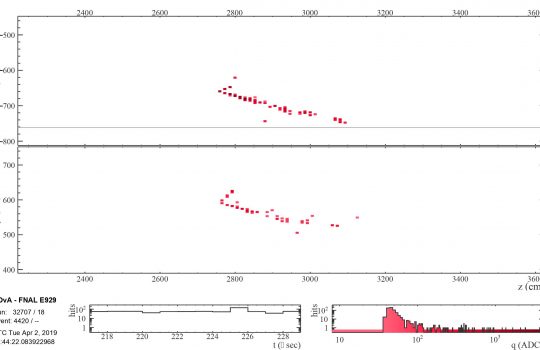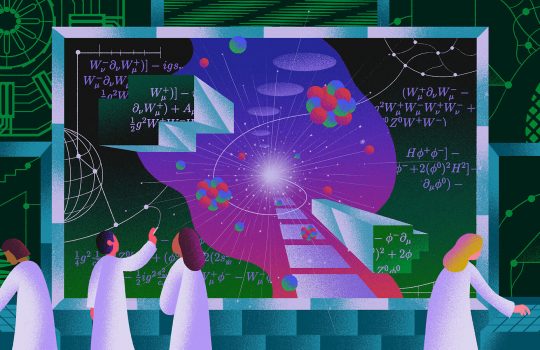Fermilab on the trail for a new building block of matter and quantum computing power
From Medill Reports, September 30, 2021: Researchers transported a gigantic electromagnetic ring from Brookhaven National Laboratory on Long Island to Fermilab near Chicago eight years ago in the search for a new building block of matter. While it wasn’t the secret spaceship bystanders thought it was, it did allow scientists to explore fundamental questions about our universe.



